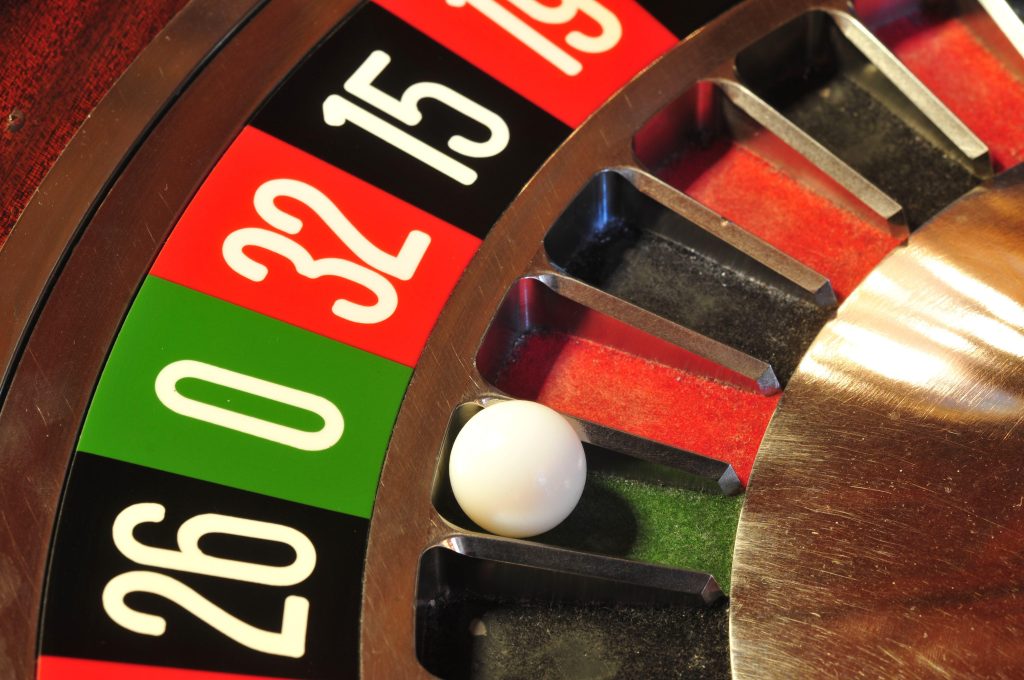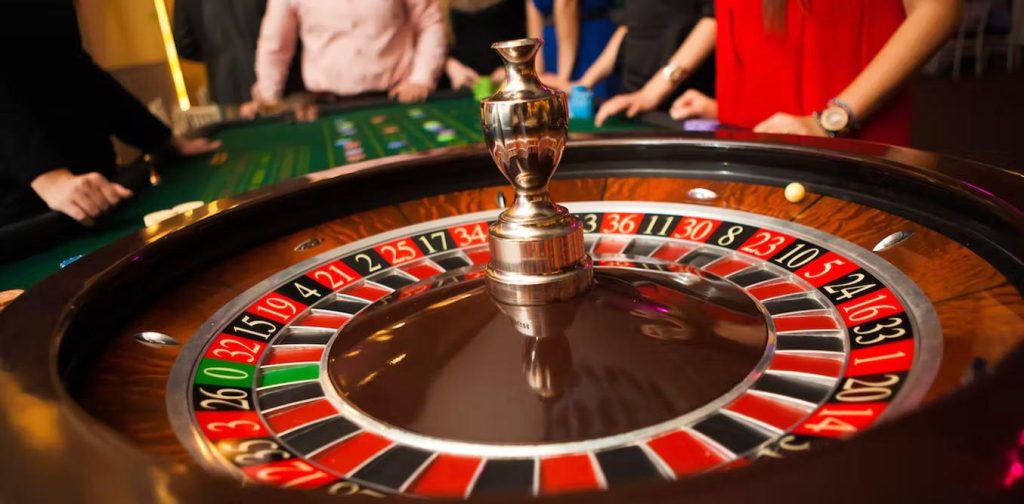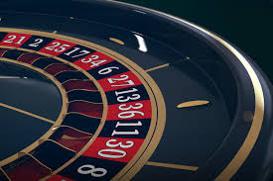Roulette has been around for centuries, making it one of the oldest casino games known to man. It is said to have originated in France in the 1700s and spread throughout Europe and eventually made its way across the pond to North America. Throughout its history, roulette has established itself as an incredibly popular game with a unique advantage: you never know what will happen every time you spin the roulette wheel!
The man who started it all
The roulette wheel was invented by the French physicist, inventor and mathematician Blaise Pascal. Initially, Pascal did not try to invent the casino game. In 1655, Pascal tried to invent a perpetual motion machine.
A perpetual motion machine is a machine that continues to work without receiving energy from an external source. The laws of physics say it’s impossible, but as an inventor, Pascal tried to defy the odds. His experiment failed, but the result was one of the most popular casino games of all time.

Adding zero
Fun fact, zero didn’t exist on the roulette wheel until the mid-19th century. The roulette wheel invented by Pascal has remained unchanged for centuries. That all changed in 1842, when Francois and Lois Blanc designed a roulette wheel with a single zero specifically for King Charles III of Monaco. It was a big deal because adding zero gave the casino a bigger edge.
As his kingdom faced some financial problems, Charles built a casino and brought the roulette wheel to the masses. The wheel brought Monaco a lot of income and quickly became an important symbol of Monte Carlo’s high-end gambling. What’s more, the single-zero roulette wheel hit the market at the same time that France banned gambling, making Monte Carlo even more desirable.
Arrival in America
Roulette has not escaped American influence. In the 1800s, the tape measure crossed the ocean and made it to the shores of the United States. To give the casino an even bigger edge, a double zero has been added to the roulette wheel. This means that instead of 37 numbers on an American roulette wheel, there will be 38 numbers (from 1 to 36, 0 and 00).
Roulette types
American Roulette has 38 slots on the wheel, of which 18 are red slots, 18 are black slots and two are green zero slots. French roulette is similar to American roulette, except that the wheel only has one zero slot. European roulette also contains a single zero slot, but has an additional feature called “jailed” which can be used when a player bets even money. The “in jail” rule cuts the house edge in half.
Roulette today and its rules
Today it is one of the most popular casino games all over the world. Roulette consists of a wheel labeled with numbers from 0 to 36 and an accompanying betting table, often referred to as a mock or cloth. Players bet on a number, range of numbers, odd or even, red or black, high or low. The wheel is then rotated by the croupier, who also calls out the winning number after it has been determined. Depending on their bet, players can win different amounts of money.
For example, if you bet on one number, you can win 35:1. On the other hand, if you bet on a range of numbers, your winnings will be significantly lower at 2-1. Betting strategies such as the Martingale and the Password system are widely used by players in an attempt to maximize their chances of winning. Roulette is easy to learn and even easier to play, making it a great game for beginners and veterans alike.
At the end of each round, players can also leave their winnings on the table or withdraw them. If the player decides to withdraw money, he will have to cash out at the roulette table before leaving the casino.

Roulette Strategies and Tips for Successful Roulette
Here are some tips and strategies that you can use when playing roulette:
1. Know the rules. It is important to understand the rules of the game before you start playing. Check out the various stakes and odds associated with each to determine which ones have the highest chance of success.
2. Set a budget. It’s important to set a budget before you start playing so you don’t overspend. Make sure you stick to your budget and don’t chase losses.
3. Play European roulette: European roulette has better odds than American roulette because it only has one zero instead of two. This gives you a slightly better chance of winning.
4. Take breaks. Regular breaks will help you focus and keep you from making rash decisions.
5. Don’t Rely on Luck: While some may use superstitions or talismans, don’t rely solely on luck when playing roulette. Instead, focus on developing an effective strategy to increase your chances of success.
6. Practice. Practicing and learning the game will help you become a better player. You can learn more about roulette by reading books, taking courses and playing online.
